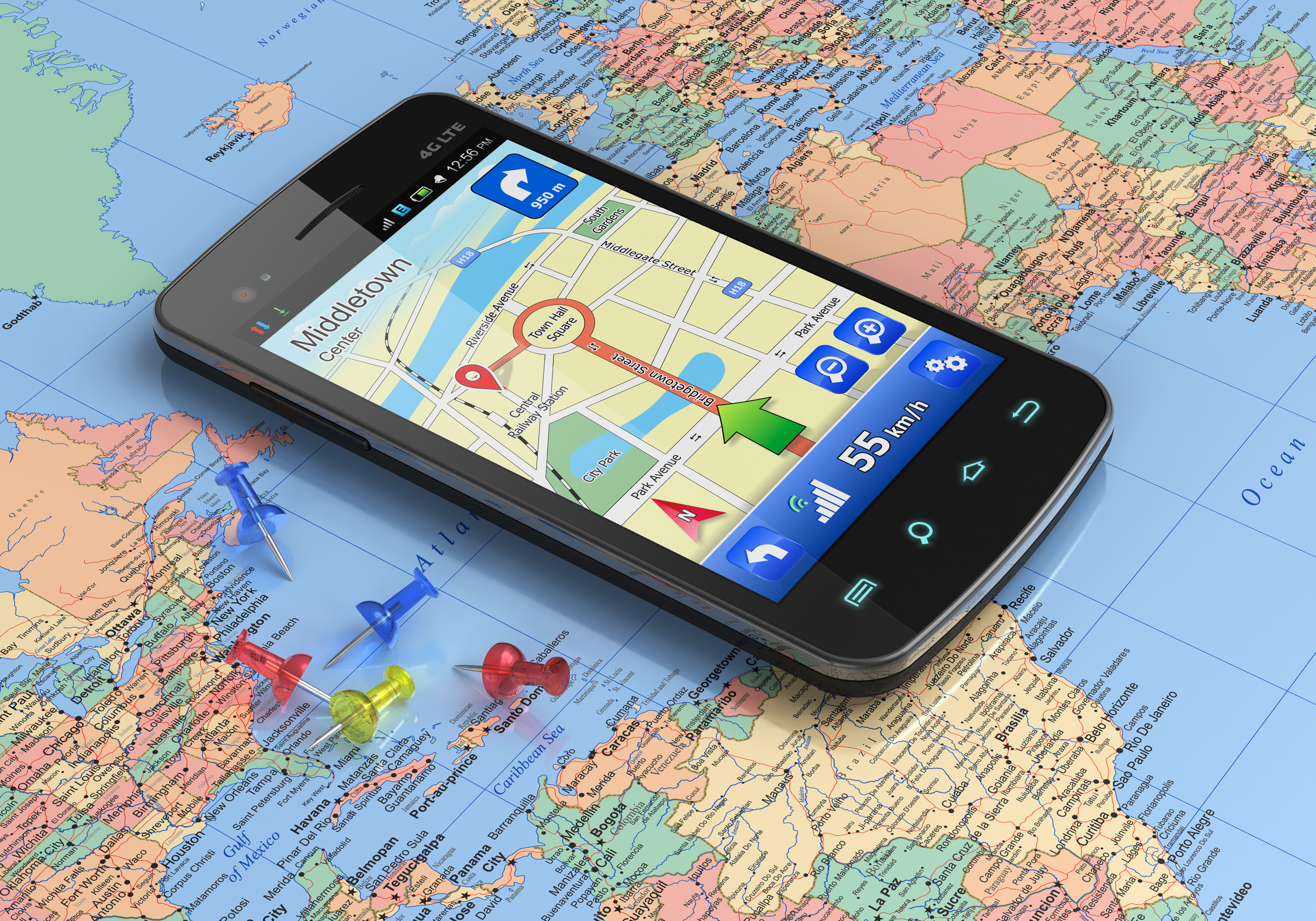
From online banking to Facetime, technology does a lot to make almost every aspect of our lives easier, faster and more convenient. Online maps have evolved into handheld GPS systems that can be accessed from any smartphone. The days of waiting for a friend to give you directions to their home in a “turn left at the 4th stop sign” manner are all but gone, since typing an address into your GPS system will lead you straight to their door nine times out of ten.
There is that once-in-a-while occurrence, though, where your GPS doesn’t seem to be speaking your language and you end up in the geographical center of some unknown town. There are pros and cons to everything, and GPS systems are no exception.
Up-to-Date Info
When comparing GPS systems to their paper map counterparts, GPS comes up pretty shiny in any ways. One major win is that the information in GPS systems is constantly updated, accounting for new roads, construction closures, and even traffic delays in many cases. This information is very valuable when you’re in a hurry, or in an area you’re unfamiliar with, and it can’t be provided by a traditional map. It would take a forest worth of paper for you to have access to all of the information provided by your tiny little GPS device if you were looking for all of it in a map. This is especially true when you’re on a road trip that spans several states.
Discovering Where You Are
The advantages of GPS are perhaps the most apparent when you’re traveling in an unfamiliar area. It’s easy to get turned around in a new town, and before you know it, you’re not sure how you found your way into an area, or how to get out of it. In order to figure out where you’re going on a map, you need to know where you are, but this isn’t the case with GPS. Having the ability to pinpoint your current location, and then obtain directions to point B is an invaluable asset, especially if you in a spot where your sense of direction isn’t functioning at its best.
Have a Back-Up Plan
GPS is great, but it isn’t a cure-all for all things directional. The major con with GPS is the same as the major pro; it’s an electronic device. This means that its reliability is subject to its battery life, which can leave you in the lurch if you can’t charge it for any reason. GPS also needs a clear signal to work, and they sometimes don’t get one indoors, under cloud cover, or even in a wooded area. Using your GPS near military bases can be sketchy too. The bottom line is that you need to be prepared to find your way if your GPS isn’t working properly, or if it’s giving you inaccurate directions for some reason. Know how to use a map, and keep one with you just in case.
Related Posts
Key Takeaways On average, passenger vehicle tires last 40,000 to 60,000 miles, depending on type, driving habits, and maintenance. Replace tires when tread depth reaches 2/32”, if damaged, or older than 10 years. Regular rotation, alignment, and proper inflation extend tire life. Aggressive driving, poor roads, and harsh weather shorten tire lifespan. Take advantage [...]
When you think about car maintenance, you probably focus on oil changes, tire rotations, and maybe even brake pad replacement. But what about your brake fluid? If you’ve ever wondered, “What does brake fluid do?” or “Why is brake fluid important?”, you’re not alone. Brake fluid might not be the most talked-about part of [...]
Is that high-pitched squeal from your brakes driving you—and everyone else—crazy? Don’t ignore it. Squeaky brakes aren’t just annoying, they’re your car’s way of saying something needs attention. Whether you're cruising through Salt Lake City or winding up Idaho’s mountain passes, here’s what’s likely going on, how you can fix it, and when it [...]





